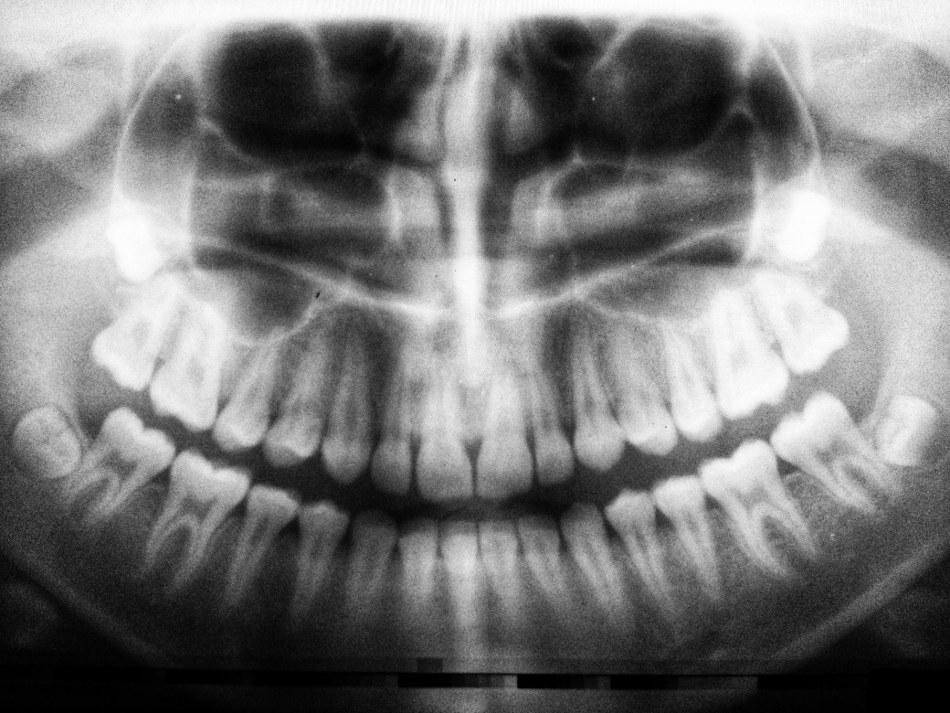When you visit the dentist for your dental cleanings, do you always get a little anxious at the thought that you may have a cavity? You’re not alone. The truth is that almost all adults — 91 percent, in fact — suffer from tooth decay at least once in their life. But the sooner a cavity is found, the simpler it is to have remedied.
Cavities, or tooth decay, begin in the protective outer layer of your tooth known as enamel. When people suffer from tooth decay, the gums pull away from the affected tooth and expose the root, which then also becomes susceptible to decay.
Letting a cavity go untreated allows the cavity-causing bacteria to continue attacking the tooth, resulting in a larger and deeper cavity that will require more extensive treatment. Knowing the signs of a possible cavity can help you prevent the need for more difficult and costly treatment, so here are 5 signs you might have a cavity that can help you determine when it’s time to talk to your dentist.
1) Toothache
This may seem obvious, but a common sign you might have a cavity developing is discomfort or pain in or around your mouth. A small cavity typically is not painful if it has not had a chance to grow and impact the nerve. However, cavities can lead to an infection and destroy the inside of your tooth if left untreated. If cavities are allowed to cause this much damage, it may result in having the affected tooth removed.
2) Sensitivity to hot or cold foods
One of the most noticeable warning signs that you have a cavity forming is hypersensitivity to temperature. Whether it’s biting into ice cream or taking a sip of morning coffee, your tooth may experience a mild or severe ache as it comes in contact with the food or drink. This is evidence that tooth decay has exposed the tender nerves inside your tooth, and you should see a dentist as soon as possible.
3) Bad breath
If cavities are left untreated, the bacteria in your mouth will increase and cause greater damage to your teeth. Rotting protein inside decaying teeth creates unpleasant-smelling gases, which has a terrible impact on your breath. In order to recover from the damage done to your teeth and breath properly, you need to have a dentist remove the decaying matter from your teeth and fill the cavity.
4) Dark spots on your teeth
If you are consistently brushing and flossing your teeth, you should be able to recognize a change in their color. If a cavity has developed for long enough, it will grow into a visible spot on your affected tooth. This discoloration is the harmful oral bacteria hard at work causing all the symptoms outlined above.
5) Food trapped frequently between your teeth
Getting a little broccoli stuck between your teeth is not a sure sign of a cavity. However, if you notice you consistently find food between your teeth when you floss, you are at a higher risk for tooth decay.
Cavities are caused by the oral bacteria that live in your mouth. This bacteria loves to eat glucose, a sugar found in lots of foods. Glucose is especially plentiful in refined sugar and carb-filled foods like pasta, cookies and bread.
After you eat, it’s normal for bits of food to get stuck between and around your teeth. As the oral bacteria eats the glucose in those tiny pieces of food, it produces waste in the form of acid, also known as plaque, that corrodes the enamel protecting your teeth. Plaque can build up and start to harden on your teeth within 20 minutes of eating. Once it hardens, it is much more difficult to remove and can allow the bacteria underneath to continue eating away at the enamel on your teeth and cause cavities.
Teeth that are crooked or overlap are especially prone to tooth decay caused by food trapped there, something that braces or other corrective treatment may also be able to help long-term.
Preventing cavities
Dental hygiene is the single most important step towards preventing the constant threat of tooth decay. Brushing your teeth twice a day and flossing should be a critical part of your daily routine. Avoid sugary and acidic food and/or drinks to help preserve your enamel, and be sure you are using mouthwash in the morning and before bed. Taking all of these precautions will help ensure you are preventing harmful bacteria from developing.
Dr. Nathan Brooks
Recent Posts
- Castor Oil For Better Hair Growth: Is It Myth Or Fact?
- Exploring the Differences Between Sermorelin, Ipamorelin, Ibutamoren, GHRP2, and GHRP6: Understanding Their Role in Human Growth Hormone Regulation
- Unraveling the Mystery: Understanding the Causes and Prognosis of Ventricular Tachycardia Without Apparent Heart Disease
- Understanding Grandparents’ Rights in Oklahoma: Navigating Visitation and Legal Protections
- 10 Reasons to Consider Hypnotherapy for Your Health

